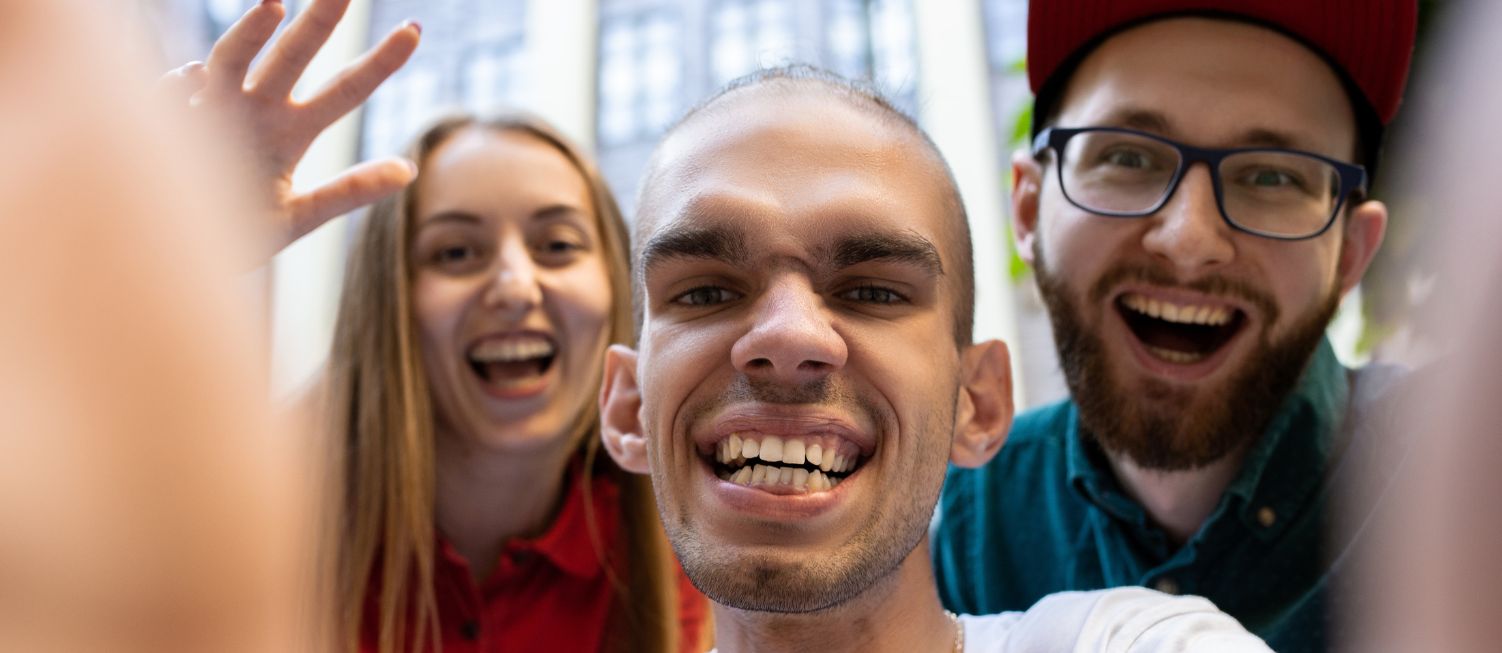Disability advocates.


What is disability advocacy?
Disability advocacy is acting, speaking or writing to promote, protect and defend the human rights of people with disability.
Disability advocates may advocate for themselves, another person, or a group of people with disability. They work through issues that have an adverse effect on rights for an individual or group, or on a society-wide level. Advocates may be paid or operate on a voluntary basis.
Types of disability advocacy.
- Self-advocacy – undertaken by someone with disability who speaks up and represents themselves. Support and training for self-advocacy is available through community-based groups.
- Individual advocacy – a one-on-one approach, undertaken by a professional advocate, relative, friend or volunteer, to prevent or address instances of unfair treatment or abuse
- Group advocacy – involves advocating for a group of people with disability, such as a group of people living in shared accommodation.
- Citizen advocacy – where community volunteers advocate for a person with disability, such as an intellectual disability, over the long-term, supported by a Citizen Advocacy organisation.
- Systemic advocacy – involves working for long-term social change to ensure the collective rights and interests of people with disability are served through legislation, policies and practices.
- Legal advocacy – where a lawyer provides legal representation in the justice system, pursues positive changes to legislation, or gives legal advice to people with disability about discrimination and human rights.
What disability advocates do.
Disability advocacy may include:
- Providing information to people with disability about their human rights and identifying instances of discrimination.
- Assisting people with disability to uphold their rights by speaking with and writing to people and organisations to raise awareness of problems and seek solutions.
- Helping people with disability negotiate complaints processes or legal action to enforce their human rights.
- Writing submissions and lobbying government to make changes that promote and protect the rights of people with disability.
- Campaigning for social change by speaking to the media to raise awareness and highlight situations where people with disability are treated unfairly.
Disability advocates often require a variety of skills, including:
- Ability to communicate with and support people with a range of disability.
- Understanding laws, legal instruments and jurisdictions.
- Understanding processes within oversight and complaints handling bodies.
- Applying a human rights approach to advocacy.
- Negotiation skills.
- Lobbying and running effective campaigns.
Australian government website pages on advocacy.
